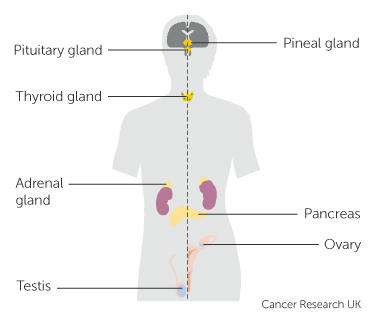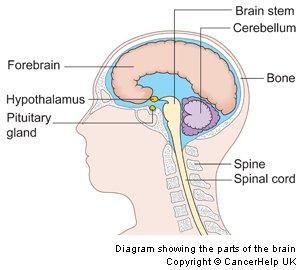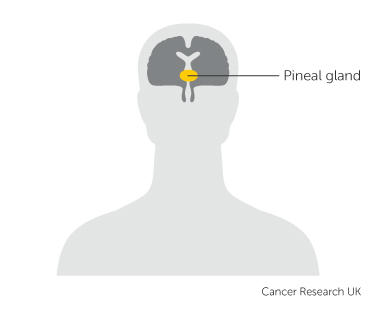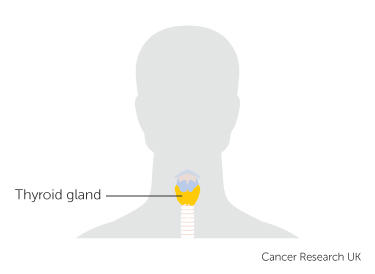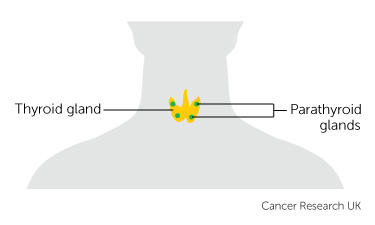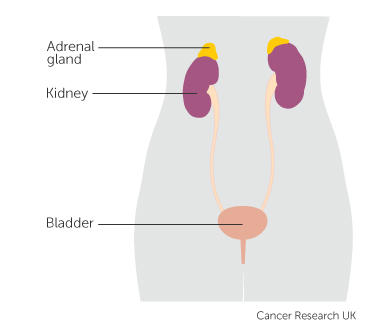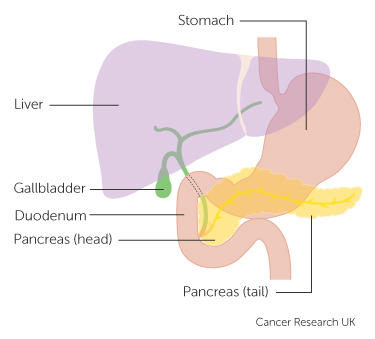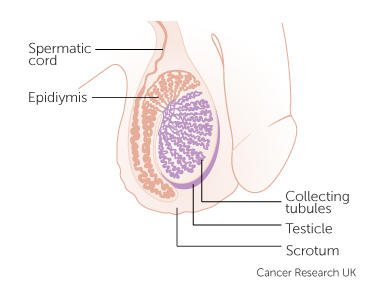The hormone system and cancer
This page is about the hormone system and how cancer may affect it. It also tells you how hormone therapies can treat some types of cancer. There is information about
The hormone system
The hormone system is a network of glands and organs in the body that produce hormones. It is also called the endocrine system. The diagram shows the main parts of the hormone system.
Hormones and how they work
Hormones are natural substances made by the glands and organs of the hormone system. Each gland makes a different hormone and most make more than one.
There are many different hormones. They are carried around our body in our bloodstream and act as messengers between one part of our body and another.
Each hormone has a different function. They control how we respond to changes in the environment around us as well as:
- growth and development
- how the body works
- our mood
- sexual function
- reproduction
The glands produce hormones and release them into the bloodstream. The hormones then travel from the gland to its target cells and connect to a part of the cell called a receptor. The connection triggers a response in the cell. The type of response depends on the type of hormone.
The hypothalamus and the  in the brain control the whole hormone system including the levels of hormones in the body.
in the brain control the whole hormone system including the levels of hormones in the body.
The hypothalamus
The hypothalamus is part of the brain and not actually part of the endocrine system. It works with the pituitary gland to control the activity of the other glands.
The hypothalamus reacts to changes in the amount of hormones in the body. When the level of a hormone drops the hypothalamus signals to the pituitary gland. The pituitary then produces hormones that tell other glands to produce the hormone that the body needs.
For example, the thyroid gland makes thyroid hormones. It only does this when the hypothalamus detects that the level of thyroid hormones is low. The hypothalamus signals to the pituitary gland to produce thyroid stimulating hormone (TSH). TSH then stimulates the thyroid to produce thyroid hormones.
When the thyroid hormones are at the right level the hypothalamus signals to the pituitary gland to stop producing TSH. The thyroid gland then stops making thyroid hormones. Doctors call this a negative feedback mechanism. This is how the body controls hormone levels.
The pituitary gland
This is a small gland at the base of the brain. You can see it in the diagram above. The pituitary makes a number of hormones and controls many different body functions. Many of the pituitary gland hormones signal to other parts of the hormone system to make or stop making other hormones.
Pituitary hormones control:
- growth by producing growth hormone
- the speed of body processes (metabolism), by producing thyroid stimulating hormones (TSH)
- steroid levels, by producing adrenocorticotropic hormone that tells the adrenal glands to make steroids
- breast milk production after birth by producing prolactin that makes the breasts produce milk
The pituitary gland also controls the egg production in women and sperm production in men. It produces 2 hormones called follicle stimulating hormone (FSH) and luteinising hormone (LH). These control oestrogen and progesterone levels in women and testosterone levels in men. FSH and LH levels are in turn controlled by the hypothalamus.
The pineal gland
The pineal gland is a very small gland deep in the brain. It makes the hormone melatonin. This helps control sleep patterns.
The thyroid and parathyroid glands
The thyroid and parathyroid glands are at the base of the neck.
The thyroid gland
The thyroid makes these hormones:
- T3 which is also called tri iodothyronine
- T4 which is also called thyroxine
- calcitonin
The hormones T3 and T4 help to control how fast your body works. This is your metabolic rate. You put on weight and feel very tired if your thyroid gland doesn’t make enough of these hormones. This is often called underactive thyroid.
You lose weight and have an increased appetite if your thyroid gland makes too much of the T3 and T4 hormones. This is an overactive thyroid. You may also feel anxious and find it difficult to relax.
Calcitonin helps to control the amount of calcium in the body.
Parathyroid glands
The parathyroid glands are 4 very small glands next to the thyroid gland. They make parathyroid hormone (PTH).
Along with calcitonin and vitamin D, PTH controls the level of calcium in the blood.
The adrenal glands
You have 2 adrenal glands, one above each kidney.
The adrenal glands make several hormones. Cortisol is a natural steroid hormone that affects the level of sugar in the blood. Aldosterone helps to regulate the body’s water and salt balance, and the blood pressure.
The adrenal glands also produce small amounts of the male and female sex hormones, oestrogen and testosterone.
Another important hormone made in the adrenal gland is adrenaline (epinephrine). Adrenaline helps us to respond quickly when under stress. Another similar hormone noradrenaline (norepinephrine) also helps us to respond quickly under stress.
The pancreas
The pancreas is quite high up in your tummy (abdomen). It lies across the body, where your ribs meet at the bottom of your breastbone, just behind your stomach. It is the yellow structure in the diagram.
The pancreas is about 6 inches (15cm) long and shaped like a leaf. It makes insulin, which controls the amount of sugar in our blood. It also makes other hormones that help with digestion including:
- glucagon
- somatostatin
- pancreatic polypeptide
The ovaries
The ovaries produce 2 sex hormones:
- oestrogen
- progesterone
Together they control the menstrual cycle (periods).
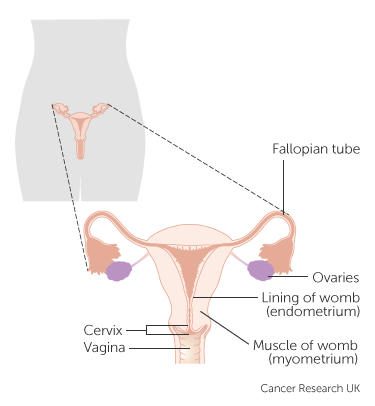
During puberty oestrogen helps the development of female sexual characteristics. This includes breast growth and the maturing of the womb (uterus) and vagina.
Progesterone plays a part in maintaining pregnancy.
The testes
The testicles or testes produce the hormone testosterone.
Hormones and cancer
Some cancer cells can produce hormones that circulate in the body and cause symptoms. This is called paraneoplastic syndrome. The symptoms depend on the particular hormone produced. For example, some types of lung cancer cells produce hormones that may cause:
- pins and needles
- numbness in the fingers or toes
- muscle weakness
- dizziness
- a change in the balance of salt and water in the body (SIADH)
Hormones and cancer treatments
Cancer treatments called hormone therapies can change the amount of hormones the body produces. They usually lower the levels of particular hormones. They may do this by:
- blocking the action of hormones
- reducing the amount of the hormone that the body makes
These treatments can reduce the chance of a cancer coming back after other treatments. Or it might stop or slow the growth of a cancer for some time.
You can read about hormone therapies and their side effects.

